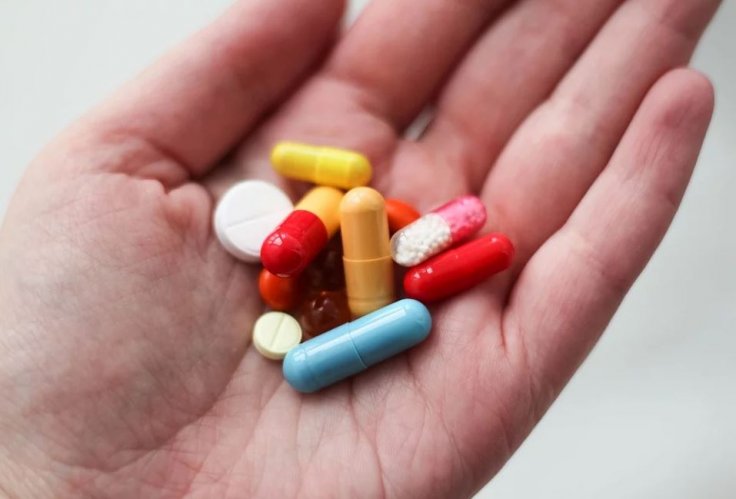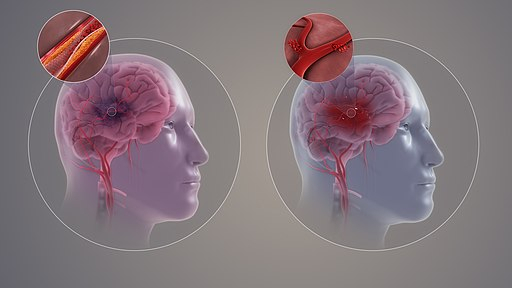As the COVID-19 pandemic gains unprecedented momentum, fake news and misinformation are spreading on social media. From phony cures to unscientific claims, there seems to be no dearth of inaccurate medical information. A new study highlights one particular piece of information that is doing the rounds that can prove fatal for several people — patients on certain medications to treat heart and kidney diseases are at a larger risk of contracting the disease.
Researchers from the University of Miami Miller School of Medicine warn that there is no substantiated evidence to prove that the consumption of crucial life-saving prescriptions —angiotensin II type 1 receptor blockers (ARBs) and angiotensin-converting enzyme (ACE) inhibitors — can make one more susceptible to coronavirus.
This could potentially put millions of lives at risk as these drugs are commonly prescribed for those suffering from cardiovascular conditions, renal ailments, and hypertension. "The only thing we can conclude definitively, based on all the known data, is that there is no credible evidence whatsoever that ARBs enhance susceptibility to COVID," said Dr. Murray Epstein, senior author of the paper.

What is the basis of the misinformation?
Research on the SARS-CoV-2 virus has found that the lethal virus gains entry into lung cells by binding with angiotensin-converting enzyme 2 (ACE2) receptors in the lower respiratory tracts of patients who are infected with the disease. Some studies have suggested that the ARBs increase the presence of the ACE2 receptors in the cardiopulmonary circulation or blood circulation within the lungs.
Fulled by media coverage and misinformation on social media, significant numbers of patients have discontinued these medications either on the basis of their own judgment or after being advised by their doctors, the authors said. Dr. Epstein added: "People are making an unadvised leap."

No conclusive evidence
The study underlines the fact that the evidence available is inconsistent and not sufficient to conclusively prove that ARBs heighten the risk of contracting COVID-19. While some studies have used animal models to demonstrate the increase in ACE 2 activity due to ARBs, the authors stressed that these studies have yielded inconsistent results. The doctors also draw attention to the point that ACE2 is not inhibited by ACE inhibitors as ACE and ACE2 are different enzymes.
"The logic goes that, if it enhances penetrability, it enhances susceptibility to the disease, but that's a dangerous conclusion. What investigators have found varies widely, depending on the organ studied, the experimental animal model and the ARB being used in the study. In summary, there is a complete lack of consistency," said Dr. Epstein
Dangerous outcomes of discontinuation
Dr. Epstein emphasises that the purpose of these medications is to protect and maintain heart and renal heath, and address other conditions. Increased withdrawal of consumption of ARBs and ACE inhibitors may lead to decompensation and disruption in the stability of blood pressure control in heart patients. This could lead to a steep rise in strokes and heart attacks, and deterioration in kidney problems, the authors warn.
He also expressed concern over the increased strain that such fatal outcomes can have on hospitals and medical facilities that have already been burdened by the COVID-19 pandemic. "It will further tax our medical facilities and hospitals, and it will be truly tragic," added Dr. Epstein.

An alternative view
A recent study by Dr. James Diaz, Professor and Head of Environmental Health Sciences at LSU Health New Orleans School of Public Health suggested that patients who were on prescriptions for ACEIs and ARBs could be at higher risk of being infected with coronavirus and experiencing the harsher manifestation of the infection, particularly older adults.
Citing a study involving 1,099 COVID-19 in China and animal model studies, Dr. Diaz proposed that patients consuming ACEIs and ARBs were at potentially greater risk. He also hypothesized that these drugs increased the presence of ACE2 receptors in the lungs, increasing the risk of infection. "Many of those who develop these diseases are older adults. They are prescribed these medications and take them every day," said Diaz.
However, taking the same view as the researchers as the study discussed earlier, Dr. Diaz urged patients to not abandon medications and invite health complications as a result.









